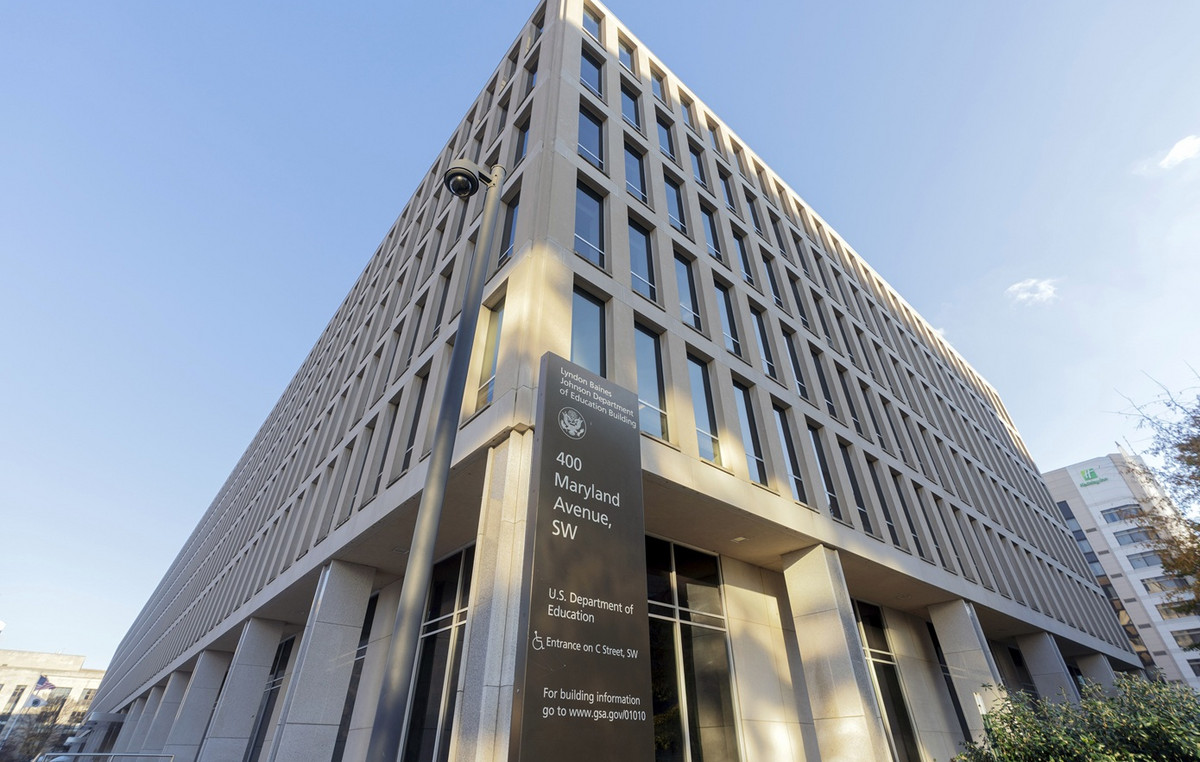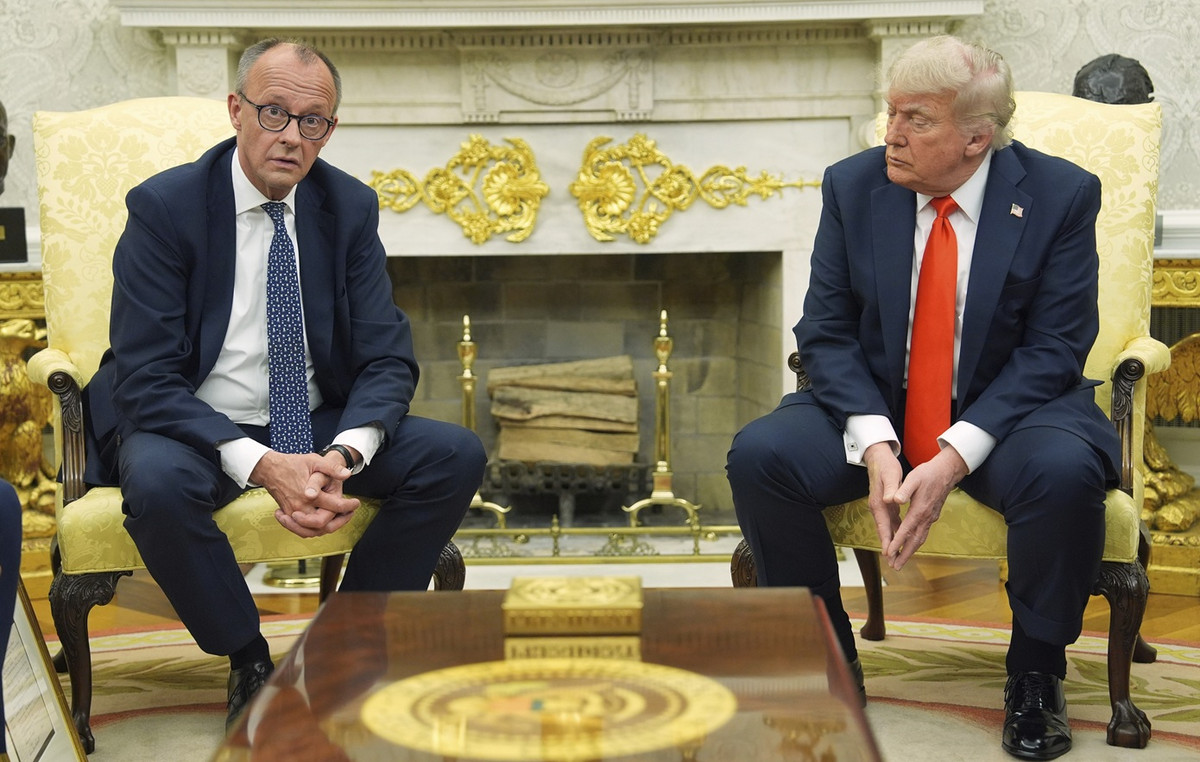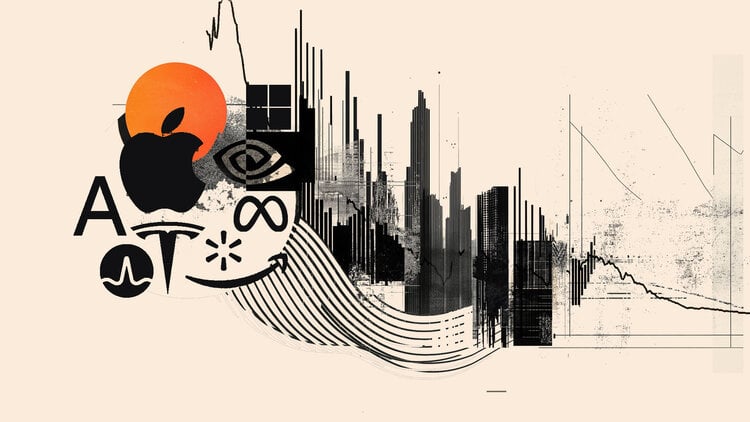On a rise since the beginning of the year, inflation in Brazil easily exceeds the ceiling of the target set by the Central Bank for the year, which has been raising concerns among economists and market analysts. To remedy the situation, the monetary authority has been raising the Selic – the basic interest rate – which has already risen by 5 percentage points this year.
However, the BC’s tool to contain inflation would work better in a scenario of heated economy, argues economist André Lara Resende, which is not the case in the country today.
“Brazil is coming out of a situation of recession caused by the pandemic, it continues with extremely high unemployment, close to 14%, probably much more than underemployment, close to 30%, which shows a sluggish economy. Therefore, at this time, raising interest rates is highly inadvisable”, says the former director of the Central Bank in an interview with CNN this Friday morning (26).
Resende cites that, when the Selic rises five points, the effect is 8% of the interest payment transfer GDP. “This is almost three times the total public investment per year in recent years. I don’t see this being discussed”, he says.
The economist emphasizes that, now, raising interest rates is “highly inadvisable”, first because the containment of demand will only aggravate unemployment, causing a return to recession. In addition, it has negative secondary effects, since the rise in interest rates is a determining factor in the increase in public spending, with interest expenses in the Federal Budget, which would aggravate the fiscal imbalance.
To contain this scenario, he argues, a better organization of the public debate on spending would be more efficient than tightening monetary policy.
“It is this perception of political disorganization and the lack of a coherent economic project that aggravates the perception of risk and reduces investments and expectations in the country, aggravating the current scenario”, he says.
Transient inflation?
Resende emphasizes the transitory nature of the current rise in prices — driven by the international appreciation of oil, the lack of rain, which made electricity more expensive, and the devalued real against the dollar. Although this movement in Brazil has its peculiarities, rising inflation is a global effect.
“Given this, the central banks of the main economies, especially the Fed in the USA, have been waiting to act, with the expectation that the increase will be transitory. And they are not rushing to increase the interest rate, as the Brazilian BC has been doing”, he says.
“Is this transitory inflation at risk of remaining and continuing? It’s possible. So we have to be careful. Is the instrument a very violent rise in interest? No, this aggravates the fiscal imbalance”.
Reference: CNN Brasil
I am Sophia william, author of World Stock Market. I have a degree in journalism from the University of Missouri and I have worked as a reporter for several news websites. I have a passion for writing and informing people about the latest news and events happening in the world. I strive to be accurate and unbiased in my reporting, and I hope to provide readers with valuable information that they can use to make informed decisions.







